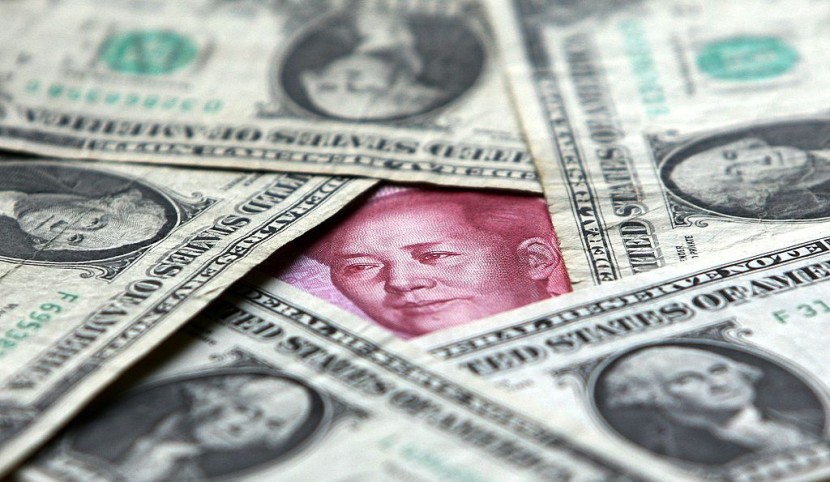
China's shadow bank, Zhongrong International Trust Co., is under fire over a slew of missed payments on some trust products, and there is deteriorating consumer sentiment fueling a policy response to revive the Asian nation's cash-starved property sector.
Concerns were shared about the outsized exposure of China's $3 trillion shadow banking sector, which is roughly equal to the size of Britain's economy, to property developers and the wider economy. These have grown stronger in the last year as the sector faced one crisis after another.
China's Shadow Bank Under Fire
The shadow bank, which has traditionally been seen with sizable real estate exposure, has recently missed repayments on some investment products and has prompted contagion concerns.
Typically, trust firms operate outside the many rules that govern commercial banks and primarily flow the proceeds of wealth products sold by banks to real estate developers, other sectors, and in some cases, retail investors, as per Reuters.
The British universal bank, Barclays, said that regulators would likely have to step in if the market environment in China continues to deteriorate significantly. It adds that measures that Beijing used in the past to deal with spiking financial volatility also included liquidity injections.
In a statement, chief emerging markets and China strategist at Alpine Macro, Yan Wang, said that the risk of a systemic shock to the Asian nation's financial system is not that great. Additionally, he noted that downward pressure on the economy will continue to intensify.
Yan said that all of these issues are connected, which means that contagion is already happening, and the risk of it spreading further is material. He added that the Chinese government needs to act quickly and aggressively if it wants to contain the risks of the situation.
Zhongrong Trust has 270 products with an estimated value of more than $5 billion coming due this year. According to the Washington Post, the average yield on these products translated to roughly 6.88% compared with the benchmark 1.5% one-year deposit rate paid by banks.
Looming Economic Crisis
Despite the criticisms, Zhongron has declined to disclose information regarding the issue to the public. However, it said it was aware of forged letters being shared on social media claiming that the company could no longer operate.
Zhongzhi Enterprise Group, a Beijing-based asset management conglomerate, partially owns Zhongron. In May, China's banking regulator, the National Financial Regulatory Administration, officially established in May, created a task force to investigate the risks of Zhongzhi's financial situation.
The Asian nation's real estate crisis started three years ago and has only worsened as new home prices in the region dropped in July for the first time this year. The development marks another grim sign of poor economic data that Beijing released this week.
Economic trouble could result in social unrest in China, which is something Beijing officials are no stronger than whenever a financial scandal occurs. Video footage showed a couple of dozen protesters outside of Zhongrong's Beijing office demanding payments that the company missed, said Quartz.
Related Article : US Approves Coinbase's Bid to List Crypto Futures in Market
© 2025 HNGN, All rights reserved. Do not reproduce without permission.








